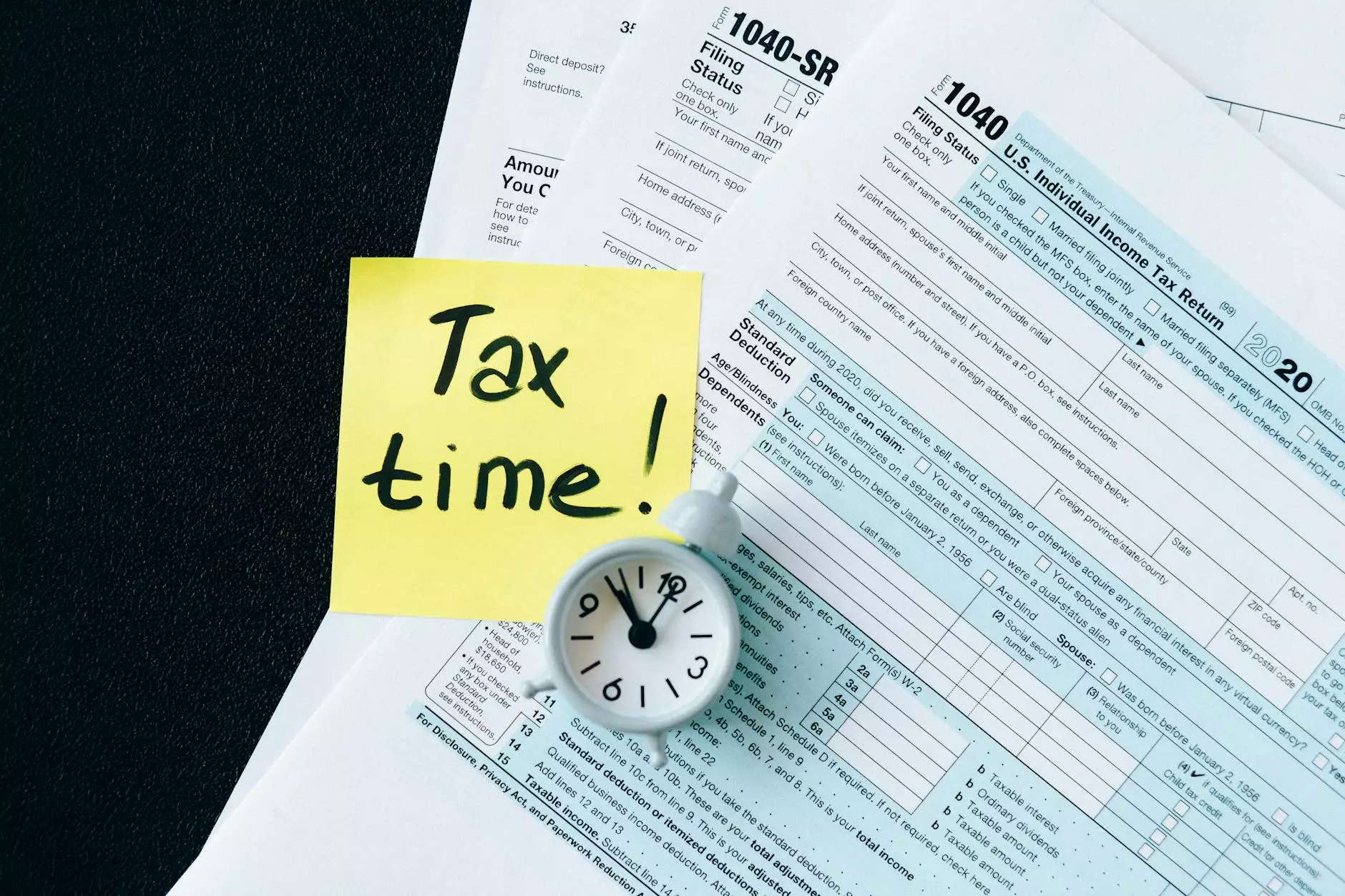Understanding Final Tax Return for Deceased Individuals

When a loved one passes away, there are several important matters that need to be taken care of, including their final tax return. Dealing with tax obligations for a deceased person can be overwhelming, but it is essential to ensure that all tax responsibilities are fulfilled properly.
Decedent's Final Tax Return
Completing the final tax return for a deceased individual is crucial to wrap up their financial affairs. This return covers the period from the beginning of the tax year to the date of their death. As the executor or personal representative of the estate, you are responsible for ensuring that all income earned by the deceased is reported correctly.
Who Signs the Deceased Tax Return?
One common question that arises is who should sign the deceased tax return. In most cases, the executor or personal representative signs the return on behalf of the deceased individual. It is important to clearly indicate on the return that it is being filed for a deceased taxpayer.
Taxes for Deceased Individuals
Dealing with taxes for deceased individuals involves understanding the tax obligations that need to be met. This includes reporting income, claiming deductions and credits, and settling any outstanding tax liabilities. Consulting with a tax professional can help navigate the complexities of final tax return filing.
Deceased Taxpayer Tax Return
When preparing the deceased taxpayer tax return, it is important to gather all relevant financial information, such as W-2 forms, 1099 statements, and records of any deductions or credits the deceased may be eligible for. Accuracy and attention to detail are key in ensuring that the return is filed correctly.
Final Thoughts
Handling the final tax return for a deceased individual requires diligence and careful consideration of their financial affairs. By understanding the process and seeking appropriate guidance, you can navigate the tax obligations associated with the passing of a loved one.









